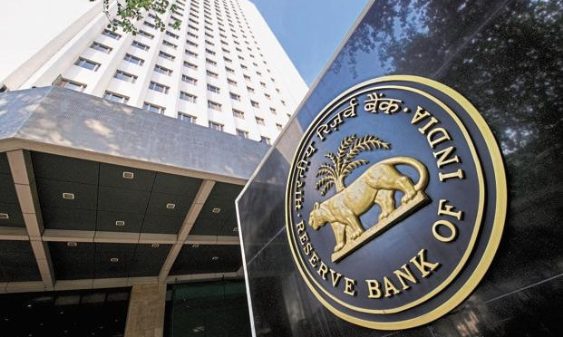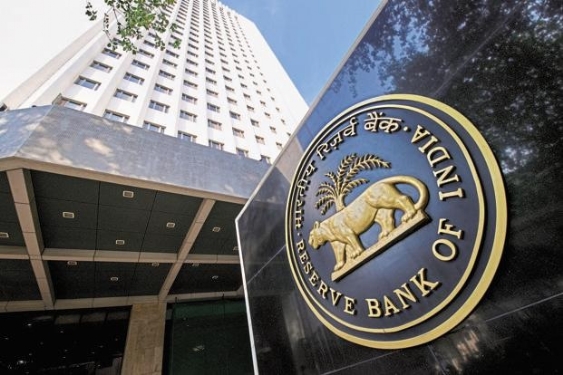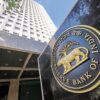In an affidavit filed before the Supreme Court, the Reserve Bank of India (RBI) has said that companies like WhatsApp, Google and Amazon have to abide by rules and regulations set by the National Payments Corporation of India (NPCI) for operating Unified Payments Interface (UPI) services, and that the central bank is not the authority responsible. Bar and Bench was the first to report the development.
The affidavit was filed in a plea by Communist Party of India Member of Parliament Binoy Viswam. The petition has sought the top court’s intervention to ensure that tech giants like Google, WhatsApp and Amazon do not mis-use data that is collected by them by their respective apps on the UPI platform. It asked that the court to direct the RBI and NPCI to ensure that tech giants who operate UPI services do not collect and share data with their parent companies or third parties.
While Google offers UPI via Google Pay and Amazon provides UPI payments through Amazon Pay, WhatsApp recently got clearance to operate WhatsApp Pay.
The RBI says that since the NPCI has allowed Amazon, Google and WhatsApp to operate UPI services, the retail payments organisation is the sole entity responsible for ensuring that the companies comply with all rules and regulations. “They are not system providers as defined in Section 2(q) of the PSS Act, i.e. authorised payment system operators, and therefore they do not fall under the regulatory domain of RBI directly. On the other hand, NPCI is the system provider of UPI and, therefore, comes under the regulatory radar of RBI,” the RBI said.
The central bank said that third-party app providers are not licensed by the RBI under the Payment and Settlement Systems Act, 2007, but rather by the NPCI.
“Under Section 8 (1) of the PSS Act, if a system provider, (i) contravenes any provisions of this Act, or (ii) does not comply with the regulations, or (iii) fails to comply with the orders or directions issued by the designated authority, or (iv) operates the payment system contrary to the conditions subject to which the authorisation was issued, the Reserve Bank may, by order, revoke the authorisation given to such system provider under this Act,” RBI Affidavit
In October 2020, the Supreme Court bench comprising of Chief Justice of India SA Bobde and Justices AS Bopanna and V Ramasubramanian issued a notice in in Viswams’s plea.”The Reserve Bank is the statutory regulatory authority for payment and settlement systems under the PSS Act. The Reserve Bank has also been vested with the powers, inter-alia, to determine policy and issue directions to the payment system operators under the provisions of the PSS Act,” the RBI said in its affidavit.
Also read
- WhatsApp calls data security, localisation concerns ‘baseless’ in Supreme Court: Report
- Delhi High Court seeks replies from RBI, NPCI and Finance Ministry on fintech regulation
- RBI clarifies that Google Pay is not a payments system operator, not in violation of Payments & Settlements Act: Report
- CCI dismisses petition alleging WhatsApp abused dominance to enter UPI market
- Supreme Court issues notice in plea filed by CPI MP seeking regulations to protect UPI data
- NPCI publishes UPI market share data, yet to consult players on 30% cap
- Payment companies suffer frequent UPI system outages
















